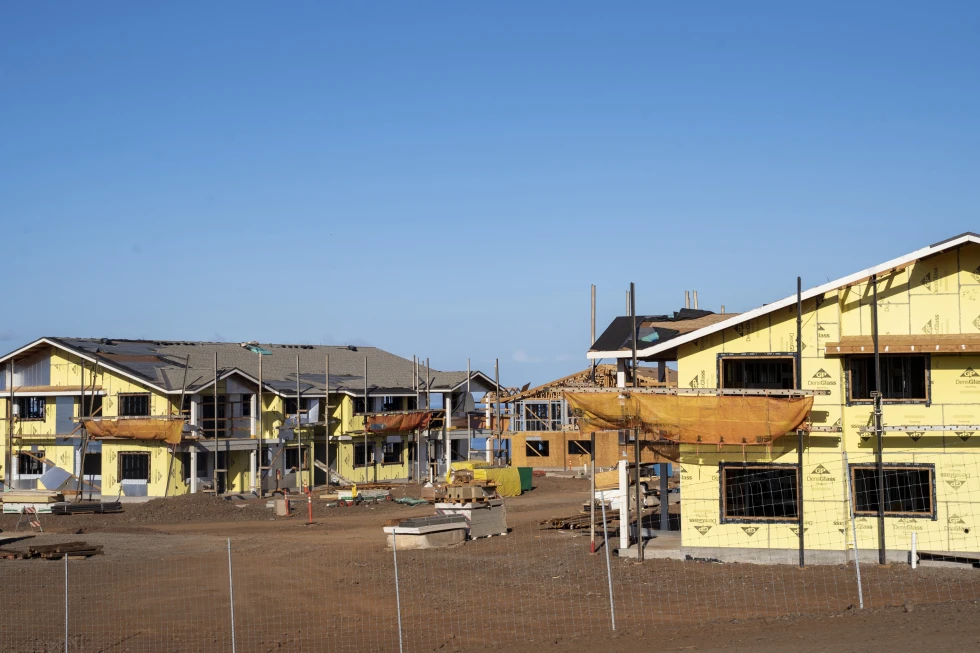Retirees Tom and Beverly McAdam have seen their two-bedroom home in suburban Denver increase in value by 45% since they bought it more than six years ago. While this might seem like good news, it also means higher real estate taxes, which have cut into their discretionary spending.
“To cover the increased property taxes, we have to withdraw more money from our investments when those big bills come due,” said Beverly McAdam.
She supports a Colorado ballot proposal aimed at capping the growth of property tax revenue. This proposal is one of several measures across states this year aimed at curbing, reducing, or offsetting rising property taxes due to public complaints.
In the past five years, national single-family home prices have risen approximately 54%, according to S&P Dow Jones Indices. This upward trend translates into higher tax bills for homeowners when local governments don’t adjust tax rates to account for increased real estate values.
Additionally, as more people continue to work from home post-pandemic, office vacancies have increased, causing some commercial property values to decline. This places additional pressure on residential properties to generate revenue.

200-unit affordable housing complex under construction (Via Evan Black/Shutterstock)
“With assessed property values soaring in recent years,” said Jared Walczak, vice president of state projects at the Tax Foundation, “homeowners are seeking relief, prompting state policymakers to explore various options to provide it.”
Colorado, along with Alabama and Wyoming, has enacted new laws to limit the growth of tax-assessed property values for homeowners. Kansas will address property tax relief in a special legislative session starting June 18, while Nebraska may also convene a special session to reduce property taxes.
In Georgia, voters will decide in November whether to approve a new law that restricts increases in assessed home values for tax purposes to the rate of inflation, unless local governments or school boards choose to opt out.

























